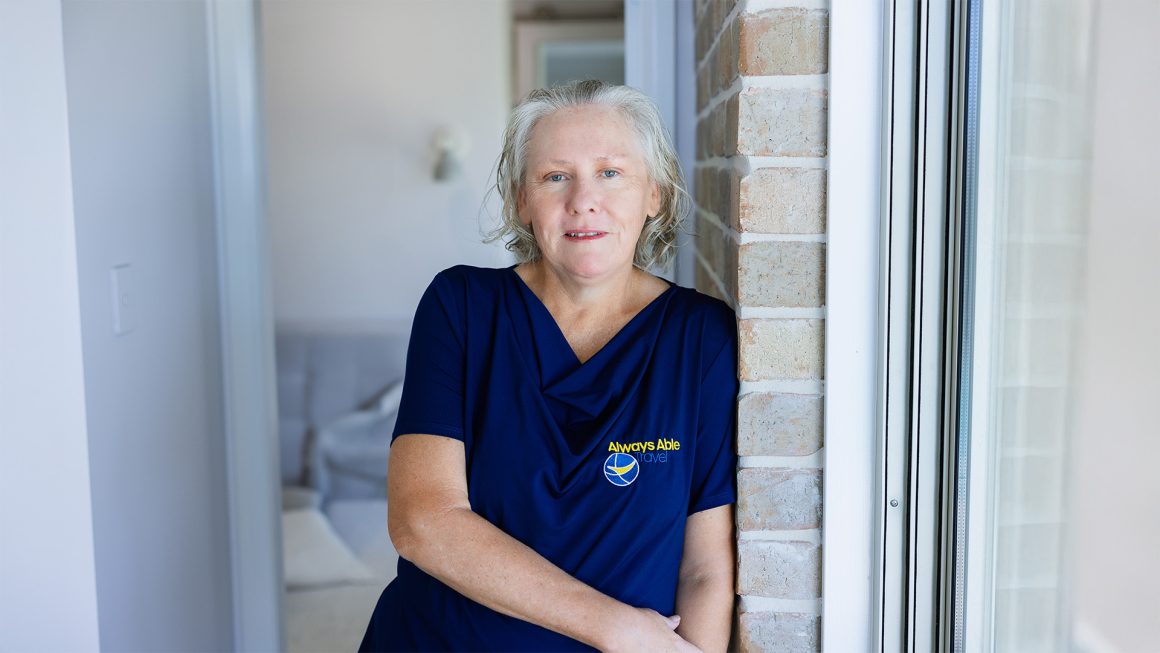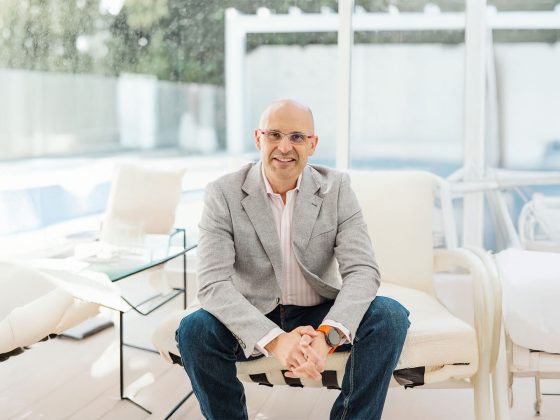In rural communities across the country, people with disabilities often face significant challenges accessing essential services. While urban centers offer numerous options, smaller towns frequently lack the resources needed to provide comprehensive support. Michelle Nohotima, entrepreneur and self-described “community warrior,” has made it her mission to change this reality through innovative approaches that maximize limited resources while delivering personalized care that transforms lives.
Building Programs That Fit Rural Needs
When designing support programs for people with disabilities in small communities, Michelle focuses on what’s actually needed rather than following urban models. “We’re pretty innovative in the way we’ve made sure we have all the equipment needed for people with disabilities, we have accessible transport for all the people with disabilities, and we also do programs to suit rural community participants,” she explains.
This specialized approach recognizes that rural settings present unique challenges. Understanding these differences has allowed Michelle’s company to fill crucial service gaps. They review each person’s care plan carefully and tailor solutions accordingly. “We take the time to find out what those participants’ care plans are and what their goals are, and then once we know that, we can tailor the program to suit them and what their needs and goals are,” Michelle says.
Life-Changing Interventions
The impact of Michelle’s work becomes clear through specific examples. In one particularly moving case, her team helped a wheelchair user who had been completely homebound for 15 years. “Our company installed a ramp for him at his house so we could get him out. We got him a wheelchair that’s suitable to be out of the house because he didn’t have that either. So we sourced a wheelchair, put a ramp in, and because we have accessible vehicles, we were able to get him out of the house and into the community for the first time in that long,” Michelle recalls.
This situation highlights how easily people can fall through the cracks in small towns. “People didn’t know he was there because he never left the house. No one knew he was there,” Michelle notes. The discovery came only through a chance conversation with a friend of the man’s mother.
Creating Trust Through Action
Building effective disability services in rural communities requires establishing trust with both clients and their families. Michelle has found success through demonstration rather than promises. “You’ve just got to show them through your actions and how you go about things. And also genuinely caring, which we do, and positive reinforcement,” she says. Her team focuses on removing obstacles rather than accepting limitations. “If there’s a barrier or a challenge, as we call it, then that’s our job, to help break down those barriers and challenges, to allow those things to happen for these people,” Michelle emphasizes. This problem-solving mindset has become their signature approach.
Limited funding remains a significant hurdle for rural disability services. “Money is a big problem. Funding is a big problem,” Michelle acknowledges. “The misconception is that the government throws a lot of money at all of this, and communities probably get left behind a little bit more than the people in the bigger cities.” This reality forces Michelle’s team to be creative with resources. “We try and do things on as little budget as possible because these people don’t have a lot of money and there isn’t a lot of funding around.”
Technology as an Equalizer
Despite budget constraints, Michelle sees technology as an opportunity. “There’s a lot more technology that is useful for people with disabilities, like iPads for a start. That’s been a big communication tool for a lot of people who are non-verbal or have trouble speaking,” she points out. Advances in mobility equipment and specialized tools have also made a significant difference. Transportation remains crucial to rural accessibility. “Transport’s been a big change as well. There’s more accessible taxis available in our community now,” Michelle notes, though her company’s wheelchair-accessible vehicle was once the only option available.
Michelle’s approach to innovation can be summed up in her company’s name – Always Able. “Being very flexible and thinking outside of the box is where we excel with our participants, to make it a more accessible community for them. We get things happening and we do what we promise.”
Connect with Michelle Nohotima on LinkedIn or check out Always Able to learn more about her inspiring work.


